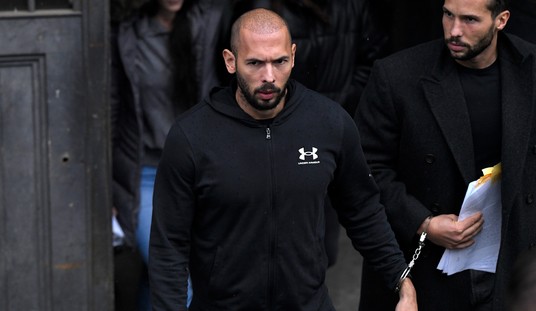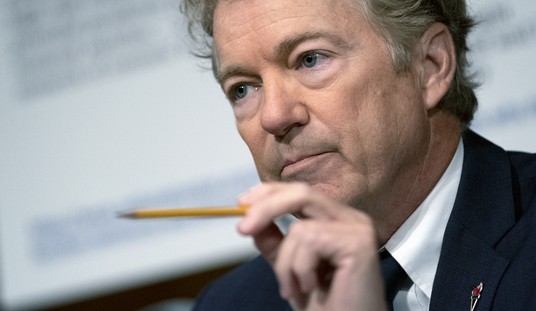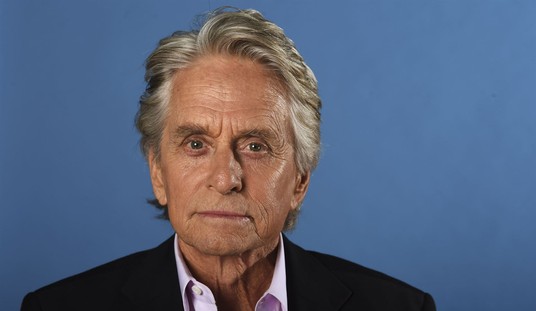As Ed noted this morning, a number of the United States’ European allies are rather less-than-pleased about the recent revelations concerning the NSA’s surveillance programs — and Russian President Vladimir Putin apparently decided to take this opportunity to take some kind of swipe at a United States government that’s been critical of his growing authoritarian tendencies.
Data surveillance is an acceptable measure if done within the law, Russia’s President Vladimir Putin told RT while visiting the channel in the capital.
“Such methods are in demand. But you can’t just listen to the phone call in Russia; you need a special order from court. This is how this should be done in civilized society while tackling terrorism with the use of any technical means. If it is in the framework of the law, then it’s ok. If not it is unacceptable,” Putin said answering the question of RT’s Editor-in-Chief Margarita Simonyan. Commenting on Obama’s statement that “You can’t have 100 per cent security and 100 per cent privacy,” Putin disagreed, saying it is possible if done within the law.
Uhm… insofar as this is a reminder that we need to carefully guard our liberties and conscientiously avoid treading down the path of Russia’s freedom-crushing folly, then, true — but what point Putin thought he was making, I’m really not sure. He’s been slowly redefining the rule of law in Russia to mean pretty much whatever he wants it to mean, and has been waging what almost amounts to the Russian equivalent of a First- and Fourth-Amendment assault on the liberties of Russians who dare to too publicly criticize his reign, and getting a ‘court order’ doesn’t mean much when the courts are kind of at your disposal. Leon Aron provides some accounts of these increasingly creeping symptoms of autocracy in Russia in today’s WSJ:
Not long ago, pro-reform members of the establishment could say and write what they pleased so long as they did not actively support the opposition. Now the message is: You must stop public criticism of the government—or risk harassment and even jail. If you don’t like the deal, leave while the going is still good. Those who choose to stay, according to the popular opposition blogger Yulia Latynina, must “believe that the greatness of Russia lies in Vladimir Putin,” and that criticism of him is part of a “world conspiracy” or “fifth column” machinations inside the Russian government.
Thus, a year into the authoritarian consolidation that followed Mr. Putin’s re-election as president in March 2012, his government has entered a new phase of repression. The Guriev exile marks the beginning of the regime’s transition from the softer authoritarianism of who is not against us is with us to a much harder and malignant version of who is not with us is against us.
This is on display in the continuing trial of popular opposition leader Alexei Navalny, a lawyer and anticorruption crusader who had the temerity to declare that he would challenge Mr. Putin in the 2018 election. Facing the unlikely charge that he stole 10,000 cubic meters of timber from a state-owned company while he was an unpaid adviser to a regional governor, Mr. Navalny faces a maximum sentence of 10 years.
And that’s to say nothing of the encroaching Internet censorship, the not-so-“free and fair” parliamentary and presidential elections, complaints of rampant government corruption, and etcetera. And hey, here’s another thoughtful tidbit from Putin at that same meeting:
Russian President Vladimir Putin said on Tuesday he has no doubt that Iran is adhering to international commitments on nuclear non-proliferation but regional and international concerns about Tehran’s nuclear program could not be ignored.
Putin, whose country is among six world powers seeking to ensure that Iran does not seek to develop nuclear weapons, also said Iranian threats to Israel’s existence were unacceptable.
His remarks appeared aimed to strike a balance between the interests of Iran, on the one hand, and on the other, Israel and global powers seeking to ensure Tehran does not acquire nuclear weapons.
“I have no doubt that Iran is adhering to the rules in this area. Because there is no proof of the opposite,” Putin, whose country is one of six leading those diplomatic efforts, told Russian state-run English-language channel RT.








Join the conversation as a VIP Member